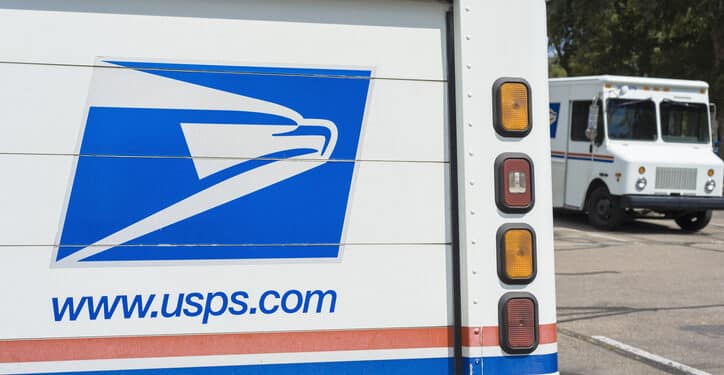MJH Healthcare Holdings, LLC, along with its affiliates, has agreed to pay over $2 million to resolve allegations it violated the False Claims Act by improperly claiming discounted postage rates from the U.S. Postal Service (USPS), the U.S. Department of Justice (DOJ) announced on April 17, 2025. The settlement stems from a qui tam lawsuit filed by whistleblower John Burke, a former MJH employee, who will receive $341,092 as his share of the recovery.
Under the False Claims Act’s qui tam provisions, whistleblowers like Burke can sue entities defrauding government programs on behalf of the United States and receive a portion of any recovered funds. The DOJ intervened in this case, which was filed in the District of New Jersey.
MJH publishes educational and promotional materials aimed at healthcare providers and patients. The government alleges that between October 2021 and June 2024, MJH submitted 40 mailings using the USPS periodicals rate. This discount is reserved for publications where over 50% of recipients requested the material. According to the DOJ, MJH falsely certified eligibility by including names from unverified third-party lists and counting requests older than three years, violating USPS rules. These actions allegedly allowed MJH to underpay postage by improperly qualifying for lower rate.
“The United States relies on individuals and companies doing business with it to accurately report what they owe the government. When they do not, we will not hesitate to take appropriate steps to protect the public fisc,” said U.S. Attorney Alina Habba.
Tammy Hull, Inspector General of the USPS, emphasized accountability: “This settlement demonstrates that our special agents will work with the DOJ to identify companies that misrepresent their eligibility for lower postage rates.”
During FY 2024, settlements and judgments under the False Claims Act exceeded $2.9 billion and over $2.4 billion of the recoveries stemmed from qui tam whistleblower lawsuits. Furthermore, according to the government, a record 979 qui tam lawsuits were filed in FY 2024.
However, in September 2024, a district judge in Florida ruled that the False Claims Act’s qui tam provisions were unconstitutional. The U.S. federal government is urging the U.S. Court of Appeals for the Eleventh Circuit to reverse that decision, stating in a brief that “other than the district court here, every court to have addressed the constitutionality of the False Claims Act’s qui tam provisions has upheld them.”
National Whistleblower Center has issued an Action Alert allowing whistleblower supporters to write the members of Congress urging them to protect and strengthen and protect the False Claims Act.
The claims asserted in this case are allegations only, and there has been no determination of liability.
Join NWC in Taking Action:
Strengthen the False Claims Act and Protect it From Attack




